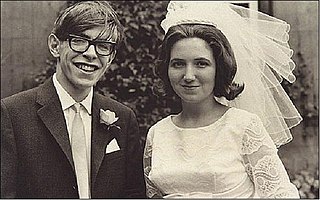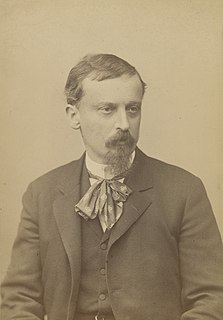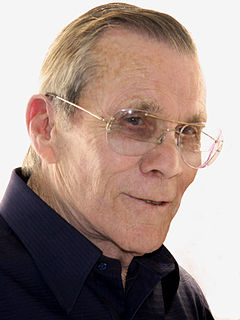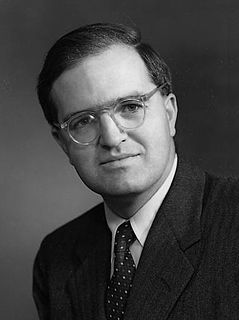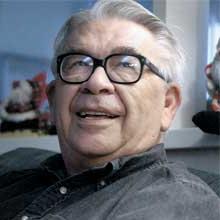A Quote by Jane Hawking
I did the first proofreading of 'A Brief History of Time,' and when it came to writing my memoir, I consulted many scientific friends so that, contrary to what many critics supposed and were churlish enough to voice, I did actually write the scientific sections myself.
Related Quotes
I was obsessed with the scientific instruments people were building and all the weird experiments they were doing. I did actually wind up working in some of that, but there were whole sections I'd written about these instruments that ultimately had to be abandoned when I realized that the book really was about Margaret Cavendish. I couldn't justify using all of them.
After I wrote my memoir, 'A Long Way Gone,' I was a bit exhausted. I didn't want to write another memoir; I felt that it might not be sane for one to speak about himself for many, many, many years in a row. At the same time, I felt the story of 'Radiance of Tomorrow' pulling at me because of the first book.
When I decided to write about my brother and friends, I was attempting to answer the question why. Why did they all die like that? Why so many of them? Why so close together? Why were they all so young? Why, especially, in the kinds of places where we are from? Why would they all die back to back to back to back? I feel like I was writing my way towards an answer in the memoir.
When I had finished the book I knew that no matter what Scott did, nor how he behaved, I must know it was like a sickness and be of any help I could to him and try to be a good friend. He had many good, good friends, more than anyone I knew. But I enlisted as one more, whether I could be of any use to him or not. If he could write a book as fine as The Great Gatsby I was sure that he could write an even better one. I did not know Zelda yet, and so I did not know the terrible odds that were against him. But we were to find them out soon enough.
Science and religion...are friends, not foes, in the common quest for knowledge. Some people may find this surprising, for there's a feeling throughout our society that religious belief is outmoded, or downright impossible, in a scientific age. I don't agree. In fact, I'd go so far as to say that if people in this so-called 'scientific age' knew a bit more about science than many of them actually do, they'd find it easier to share my views.
Both for my wife and myself, the personal friendships that have grown out of scientific contacts with colleagues from many different countries have been an important part of our lives, and the travels we have made together in connection with the world-wide scientific co-operation have given us rich treasures of experiences.
As time passed I became an avid reader of popular scientific books, wanting to know as much as I could about the world in which I lived. Gradually I began to see a pattern of nonsense in much scientific writing. Scientific explanations given regarding the origins or functioning of various phenomena simply didn't make sense.
For many years I wanted to be a rock star but of course that didn't work out. I did however write on napkins and pieces of paper sentences and occurrences. I decided maybe I should write a book because I had been writing so much. I'm actually writing a book based on The Room that will hopefully be published soon.
I never wanted to write about Bulgaria. When I was still living there I did my absolute best to never write a story with a Bulgarian character with a Bulgarian name, and only after I came to the US and I was far away and missing it a great deal did I realize that writing about could be my way of returning back home. I think it was only through my writing that I fell in love with the country and with the history.
The McCarthy period came along...and many of the other scientists who had been working on these same lines gave up. Probably saying "Why should I sacrifice myself? I am a scientist, I am supposed to be working on scientific things, so I don't need to put myself at risk by talking about these possibilities." And I have said that perhaps I'm just stubborn... I have said "I don't like anybody to tell me what to do or to think, except Mrs. Pauling."
